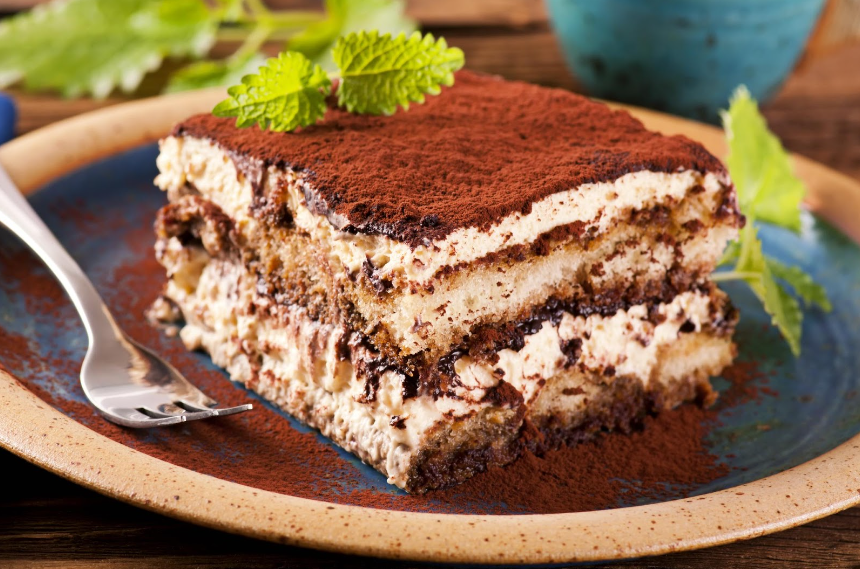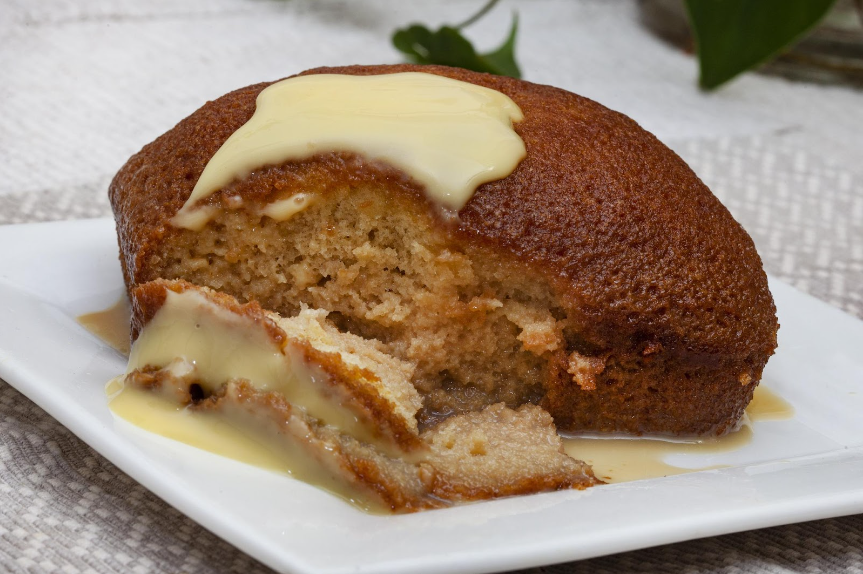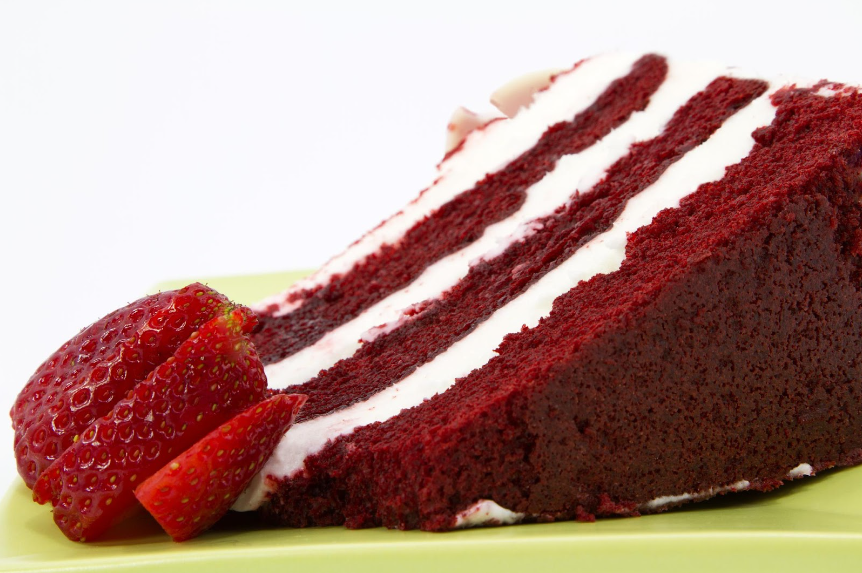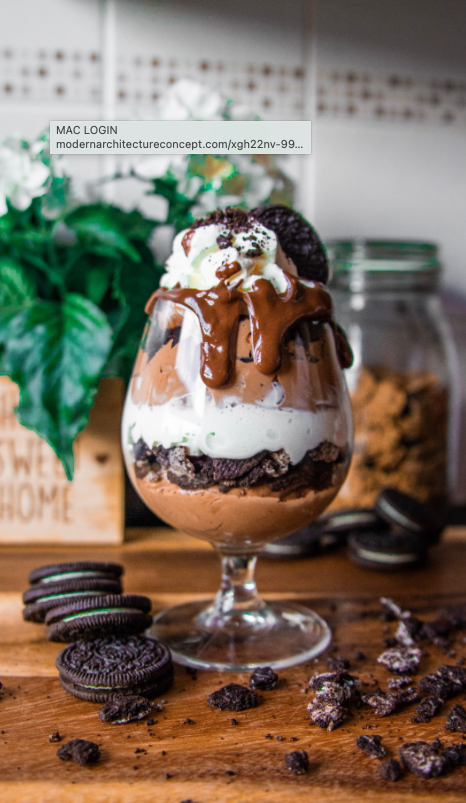Welcome aboard, dear cake enthusiasts! In this global tour, we will be exploring the mystical realms of cakes, an intensely loved delight stretching across cultures, celebrated in every corner of our blue planet! Brief Explanation of the Popularity of...
Welcome aboard, dear cake enthusiasts! In this global tour, we will be exploring the mystical realms of cakes, an intensely loved delight stretching across cultures, celebrated in every corner of our blue planet!

Brief Explanation of the Popularity of Cakes Worldwide
Why is cake universally adored, you may ask? Well, there’s something undeniably special about a food item that effortlessly straddles the line between dessert and art. With an array of flavors, textures, and styles to choose from, cakes appeal to nearly every palate. Whether it’s a simple, stark white pound cake or a rainbow-hued, multi-tier unicorn cake, there’s a cake out there for everyone.
Importance of Exploring Global Baking Traditions
So why delve into the world of global baking traditions? Besides sparking our curiosity and teaching us some mouthwatering new recipes, understanding international desserts allows us to appreciate our global community’s richness even more. Not to mention, it’s a delicious and fun way to:
• Gain insight into other cultures
• Discover new ways of using familiar ingredients
• Challenge our baking skills with novel recipes. Let’s grab our aprons and get ready to embark on this scrumptious journey!
Traditional Cakes from Europe
Indulging in tasty desserts is a time-honored tradition across Europe. In this region, each country is known for its unique style of cake that reflects their history, culture, and local ingredients. Let’s discover a few of these delightful European cakes!
French Cake: Gâteau Breton
Originating from the Brittany region in France, Gâteau Breton possesses a crumbly yet tender texture that melts in your mouth. This buttery-rich cake is made with eggs, sugar, flour, and a generous amount of sweet butter. It’s often enjoyed with a cup of coffee or tea, making it a favorite treat during afternoon breaks. – Ingredients: Eggs, sugar, flour, butter
– Tradition: Served with coffee or tea in the afternoon
Italian Cake: Tiramisu
Tiramisu, a worldwide renowned Italian dessert, brings a whole new level of sophistication to cake tradition. Made with savoiardi (lady’s fingers), mascarpone cheese, espresso, and often a touch of liquor, this cake exhibits a beautiful balance of creamy and bold flavors with a hint of bitterness from the espresso. – Ingredients: Savoiardi, mascarpone cheese, espresso, often a touch of liquor
– Tradition: A sophisticated dessert enjoyed after meals

British Cake: Victoria Sponge
The Victoria Sponge cake, named after Queen Victoria herself, is a quintessential British treat. Famous for its light sponge layers sandwiching a sweet filling of jam and whipped cream, this cake embodies the simplicity and subtlety of British cuisine.- Ingredients: Flour, sugar, eggs, jam, whipped cream
– Tradition: Served at afternoon English tea
Exotic Cakes from Asia
A trip around the world is not complete without tasting the diverse and unique desserts of Asia. Let’s take a tantalizing tour of three cake specialties from Japan, India, and China.
Japanese Cake: Matcha Roll Cake
The Japanese Matcha Roll Cake is a concoction of East meets West, blending traditional Japanese flavors with a Western-style roll cake. A moist sponge cake infused with a gentle hint of matcha green tea, then filled with a lush sweetened whipped cream. Really, it’s a sensory delight! The cake’s light, tender texture combined with the matcha’s slightly bitter taste and the cream’s sweetness result in sheer perfection.- Key ingredients: matcha powder, flour, eggs, sugar, and cream.
Indian Cake: Basbousa
Our next culinary adventure takes us to the vibrant and colorful India. Basbousa, although originally an Arabic dessert, has found its unique flavor adaptation in India. Made from semolina soaked in sweet syrup, often flavored with rose water or orange blossom, this cake is a bite of heaven.- Key ingredients: semolina, sugar, yogurt, and flavored syrup.
Chinese Cake: Mooncake
Finally, we’re landing in China with the famous Mooncake. Intricately designed, Mooncakes are traditionally enjoyed during the Mid-Autumn Festival. With a thick, tender pastry skin enveloping a sweet, dense filling, often filled with lotus seed paste and sometimes inclusing a salted egg yolk inside, they are really a symbol of Chinese gastronomic culture. – Key ingredients: lotus seed paste, salted egg yolks, and lard. In the end, cultural boundaries may divide us, but food, specifically cake, has the power to bring us together. It’s a sweet journey worth embarking on!
Unique Cakes from Africa
Fancy a sweet trip around Africa? Let’s embark on a luscious journey that cakes us across the mesmerizing continent of Africa, from South Africa’s Malva Pudding to Kenya’s Mandazi and Nigeria’s Chin Chin.
South African Cake: Malva Pudding
Leading the parade of African cakes is South Africa’s famous Malva Pudding. This luscious treat is a sweet and sticky baked sponge pudding made with apricot jam and often served hot with custard or ice-cream. Our recipe for Malva Pudding is easy to follow, making it a cinch to bring a taste of Africa to your dessert table.- Moist and fluffy texture with a caramelized exterior.
– Decadent apricot flavor that goes perfectly well with a scoop of vanilla ice cream.

Kenyan Cake: Mandazi
Next stop, Kenya, known for Mandazi, a slightly sweetened fried bread, often referred to as Kenyan Doughnut. Made with coconut milk and often subtly spiced with cardamom or cinnamon, Mandazi is not your ordinary dessert.- Deliciously soft and fluffy on the inside, golden brown and crispy on the outside.
– Perfect for breakfast or as an afternoon snack with some Kenyan chai.
Nigerian Cake: Chin Chin
Last but not least, Nigeria’s Chin Chin, a crunchy, fried snack cake, popular during festivities. Made from plain flour, sugar, and butter, these delicious bites can be flavored with nutmeg or cinnamon to add a unique twist.- Light, crunchy texture that’ll keep you coming back for more.
– Perfectly portable for on-the-go snacking or as a feel-good treat at parties. Piece by delicious piece, Africa’s cake offerings unveil a tasty narrative of cultural traditions, unique flavors, and baking brilliance.
Cakes from the Americas
If you have a sweet tooth and a zest for cultural exploration, there’s no better place to start than right here, in the Americas.
American Cake: Red Velvet Cake
Few cakes can spark vivid memories like a good old Red Velvet cake. This delightful American classic sports a deep crimson crumb, a hint of cocoa, and is usually teamed up with a distinctive creamy white frosting. Originating from the southern states, the true surprise of this cake hides within its fabulous layers – the delicate balance of sweet, sour, soft, and moist creates a tantalizing experience for the palate.

Canadian Cake: Butter Tart Cake
Next on our cake voyage, we swing by our northern neighbor, Canada. Experience the bliss of their beloved Butter Tart cake. Known for its delicious filling of butter, sugar, syrup, and egg baked in pastry, the cake version includes a sponge, draped with sweet brown sugar glaze and topped with buttery pastry pieces. This is a sweet slice of Canadian culture which should not be missed!
Brazilian Cake: Brigadeiro Cake
Our last stop for this section of the cake tour is the bustling and vibrant country of Brazil. The Brigadeiro cake, named after the famous Brazilian treat, is a moist chocolate cake teeming with condensed milk, butter, and cocoa. Rolled into balls and coated in chocolate sprinkles, the cake version sees these luxurious chocolate balls used as a unique and eye-catching garnish for an already stunning chocolaty desert.Are those taste buds tingling yet? Stay tuned for more cakes from around the globe!
Lesser-Known Cakes from Oceania
Let’s hop over to the stunning, sun-bathed region of Oceania. Lying in the great Pacific Ocean, this region is known for its beautiful landscapes and unique cultural practices, and, maybe to your surprise, some significantly delightful cakes.
Australian Cake: Lamington
This first treat on our list takes us to Australia – meet the lamington. This cube-shaped sponge cake is first soaked in chocolate sauce and then rolled in desiccated coconut. It’s sometimes considered the “National Cake of Australia”, epitomizing the Aussies’ love for sweet treats. Fun fact: National Lamington Day is celebrated in Australia every July 21st!
• Light sponge cake
• Chocolate sauce
• Desiccated coconut
New Zealand Cake: Pavlova
Next, we sail to New Zealand to relish a slice of Pavlova. Named after the famous ballet dancer Anna Pavlova, this cake features a crisp meringue shell with a soft, marshmallow-like center, usually topped with fresh fruit and whipped cream. Its lightness perfectly complements the region’s widely loved dairy products.
• Crisp meringue shell
• Soft marshmallow-like center
• Fresh fruit and whipped cream
Hawaiian Cake: Haupia Cake
Lastly, let’s embark on a culinary journey to Hawaii with Haupia Cake. This delightful cake consists of a layer of white cake, a layer of haupia – a coconut milk-based Hawaiian dessert – and often, another layer of white cake, all topped off with whipped frosting. Truly a tropical delight!
• White cake layers
• Haupia (Coconut milk-based Hawaiian dessert)
• Whipped frosting
Fusion Cakes: Creatively Combining Traditions
What’s more exciting than taking a trip around the world in a single bite? Fusion cakes meld together different culinary styles to create something deliciously new and exciting, respecting the traditions of the original recipes while innovating for the modern palate.
Mexican Tres Leches Cake with a Japanese Matcha Twist
Take the wildly popular Mexican Tres Leches cake! This melt-in-your-mouth sponge cake, soaked in a heavenly concoction of three kinds of milk, gets an intriguing facelift with the addition of Japanese Matcha. This powdered green tea adds a slightly bitter, earthy contrast to the rich sweetness of the cake, accompanied by a beautiful green hue that’s a feast for the eyes.
Italian Cannoli Cake with an Indian Gulab Jamun Filling
Next stop is Italy, home of the crispy and creamy Cannoli. But imagine intertwining this with an Indian dessert, the Gulab Jamun. Yes, you read correctly! Replacing the traditional ricotta filling with sweet, syrup-soaked gulab jamuns, we create a fusion that’s both surprising and delightful. The crunchiness of the cannoli, filled with the luxurious, juicy sweetness of the gulab jamun, will make your taste buds dance with joy!
Fusion cakes open a new world of dessert possibilities. Get ready to embark on a global baking adventure!
Conclusion
Recap of the diverse cakes explored
In this gastronomic voyage, we’ve journeyed through various continents, tasting and appreciating the myriad of cake baking traditions that exist. From the aromatic basbousa of Egypt, the intricate gulab jamun cake of India, to the delectable black forest cake of Germany – each one is a testament to its country’s unique culinary heritage. We savored the delicate balance of sweetness in Japan’s matcha cake and took delight in the delightful texture of Brazil’s brigadeiro cake.
• Basbousa – Egypt
• Gulab Jamun Cake – India
• Black Forest Cake – Germany
• Matcha Cake – Japan
• Brigadeiro Cake – Brazil
Encouragement to try baking these international cakes at home
Imagine being able to transport your taste buds to any part of the globe through the magic of baking. We hope this diverse array of international cakes inspires you to experiment with these delicious recipes at home. By doing so, not only can you indulge in new flavors, but also expand your culinary horizon while respecting and appreciating various world cultures. Nothing could be more exciting than transforming your kitchen into an experimental, global bakery! Happy baking!
Stock photos provided by Dreamstime.com














